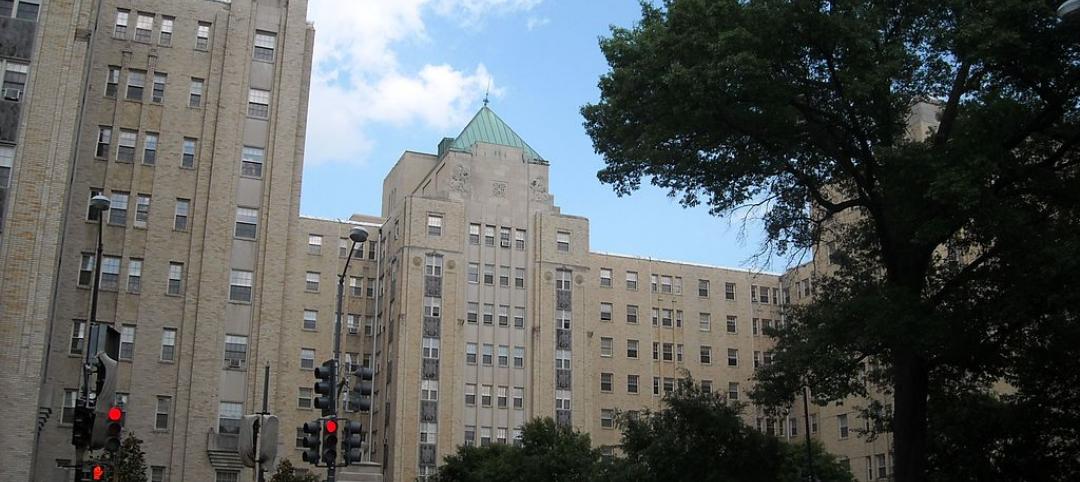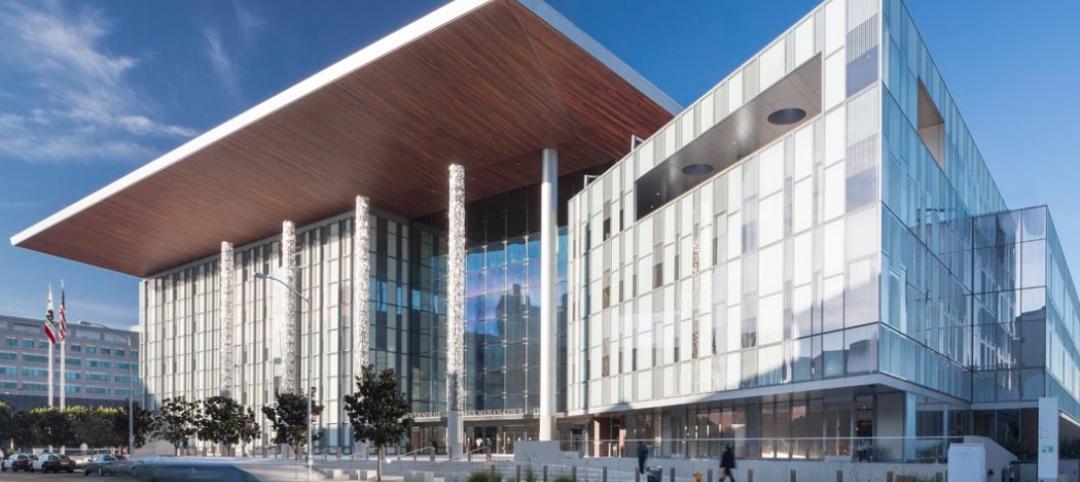Two years ago, a plan to create a smart city project along Toronto’s waterfront was unveiled with great fanfare.
Since then, the proposal, spearheaded by Sidewalk Labs, a subsidiary of Alphabet (Google’s parent company) has prompted extensive public criticism and a lawsuit by the Canadian Civil Liberties Association over data privacy and misuse concerns. The ambitious project was conceived as a showcase for the latest smart city technologies.
The project is to be centered on sustainable and safe transportation systems, and efficient and affordable housing. Technology such as “adaptive traffic lights” would prioritize cyclists and pedestrians and study the possibility of autonomous transit options. Innovative building materials and new occupancy models, like “co-housing”, would offer green, reasonably-priced housing.
With sensors tracking people and vehicles sprinkled throughout the development, privacy rights advocates are concerned that the data could be used for surveillance and discourage people to exercise free speech rights. It didn’t help that at public hearings Sidewalk Labs seemed unable to spell out where this data would be stored and how it would be used.
The company also presented a greatly expanded scope of the proposal from the original 12 acres to a 190-acre area at a public meeting, perhaps misreading the intent of the agreement with the city. These issues have caused delays to the project, but Waterfront Toronto, the city group overseeing it, recently voted to go forward with the 12-acre development.
Other smart city projects around the globe, including in South Korea and India, have been also been plagued by delays and controversies. These challenges indicate that making cities smarter will not be easy.
Related Stories
| Oct 24, 2014
International WELL Building Institute launches green building standard
The International WELL Building Institute has launched the WELL Building Standard Version 1.0, which focuses on enhancing people’s health and well-being through the built environment.
| Oct 24, 2014
Seattle's Bullitt Center influencing codes and public policy on sustainability
The Bullitt Center in Seattle, which some say is the world's most efficient office building is not only influencing how other structures are built, it is contributing to revisions of codes and public policy.
| Oct 16, 2014
U.S. military concerned about climate change putting bases at risk from floods
Among the challenges the armed forces may face is rising sea levels that could put Navy docks and other installations under water in places like Norfolk, Va., Honolulu, and other coastal locations.
| Oct 16, 2014
Fannie Mae releases white paper on energy performance of multifamily buildings
The least energy efficient multifamily property may be spending $165,000 more in annual energy costs than a similar property operating the most efficiently, according to a new white paper released by Fannie Mae.
| Oct 16, 2014
Energy Department sets green building standards for federal agencies
LEED Silver may be used, and in some instances, the Green Globes program may be substituted, according to a new regulation by the U.S. Department of Energy.
| Oct 16, 2014
New York City’s climate plan includes tripling of solar energy
New York City’s plan to cut greenhouse gas emissions by 80% by 2050 includes tripling the amount of solar power generated from city-owned buildings.
| Oct 15, 2014
Drones may soon assist code inspectors for construction in the UAE
The United Arab Emirates’ Ministry of Labour announced that they will start using drones to help inspectors record when construction sites are breaking laws.
| Oct 9, 2014
California authorizes increased use of design-build on state projects
Under the updated law, the Department of General Services and the Department of Corrections and Rehabilitation may use design-build on projects in excess of $1 million.
| Oct 9, 2014
New York City releases guide for retrofitting buildings against floods
Part of the city’s response to widespread flooding as a result of Hurricane Sandy, the manual offers retrofitting strategies that will enable property owners to reduce the risk of damage and disruption from coastal flooding.
| Oct 9, 2014
Seattle puts restrictions on micro apartments
The Seattle City Council passed new rules that new studio apartments in the city must measure at least 220 sf and contain at least two sinks.














